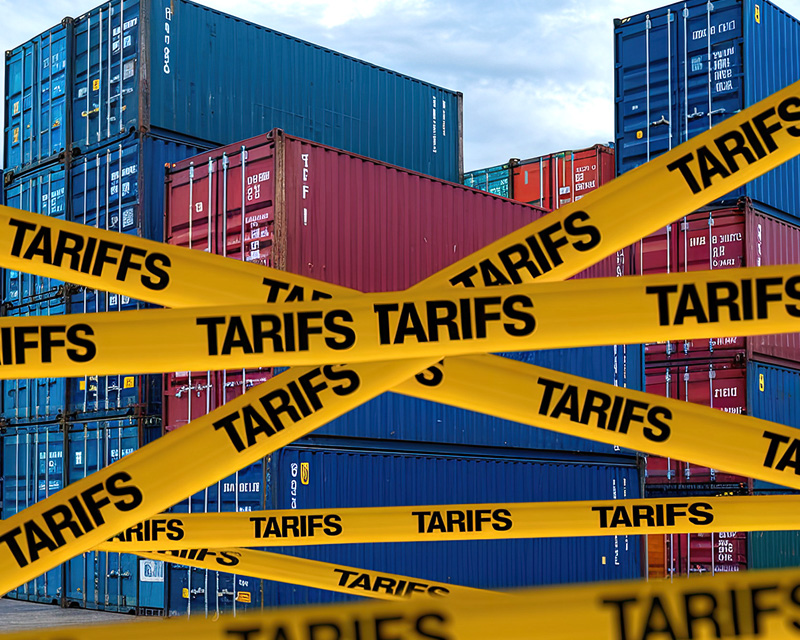The Experience Economy Comes to Bookstores
As consumer habits shift from transactional to experiential, independent bookstores are capitalizing on a trend that plays to their strengths: experiential retail.
While online shopping may be efficient, it’s not particularly memorable. Local bookstores, on the other hand, create immersive experiences that engage the senses and emotions. Walking into a beloved bookstore offers the scent of paper, the quiet hum of pages turning, and the promise of discovery around every corner.
This sense of atmosphere and authenticity simply can’t be digitized.
More Than a Store: A Third Place
Sociologist Ray Oldenburg coined the term “third place” to describe spaces that are neither home nor work but foster community. Independent bookstores are increasingly positioning themselves as such—welcoming, comfortable, and creatively stimulating environments where people want to gather and stay.
Features like cozy reading nooks, cafés, wine bars, and lounge seating invite visitors to linger. The goal isn’t just to sell books—it’s to create a place where stories are lived and shared.
Events and IRL Communities
From bestselling author talks to local zine readings, bookstores are hosting a range of events that draw crowds and build loyalty. In-person book clubs, writing workshops, story hours, and even open mic nights bring people together around shared literary interests.
These events not only drive foot traffic but also encourage repeat visits and word-of-mouth promotion.
Themed Merchandising and Spaces
Curation doesn’t end with the books themselves. Many indie stores are designing themed sections—such as Manga corners, nature-writing alcoves, or feminist literature displays—enhanced with decor and merchandise that reflect the theme.
It turns a simple retail shelf into a story in itself and provides plenty of photo-worthy moments for social media sharing.
F&B + Books = Cultural Hub
Combining food and beverages with book retail is another successful formula. Think wine and poetry nights, latte-and-lit brunches, or tasting menus paired with literary genres. These hybrid models boost revenue and elevate the customer experience.
Why Experiential Retail Matters Now
With online retailers offering speed and volume, indie bookstores must differentiate by offering something truly unique. Experiential retail leverages emotion, memory, and connection—factors that drive both sales and loyalty.
In a post-pandemic world, people are rediscovering the joy of in-person connection, and bookstores are answering that call.











